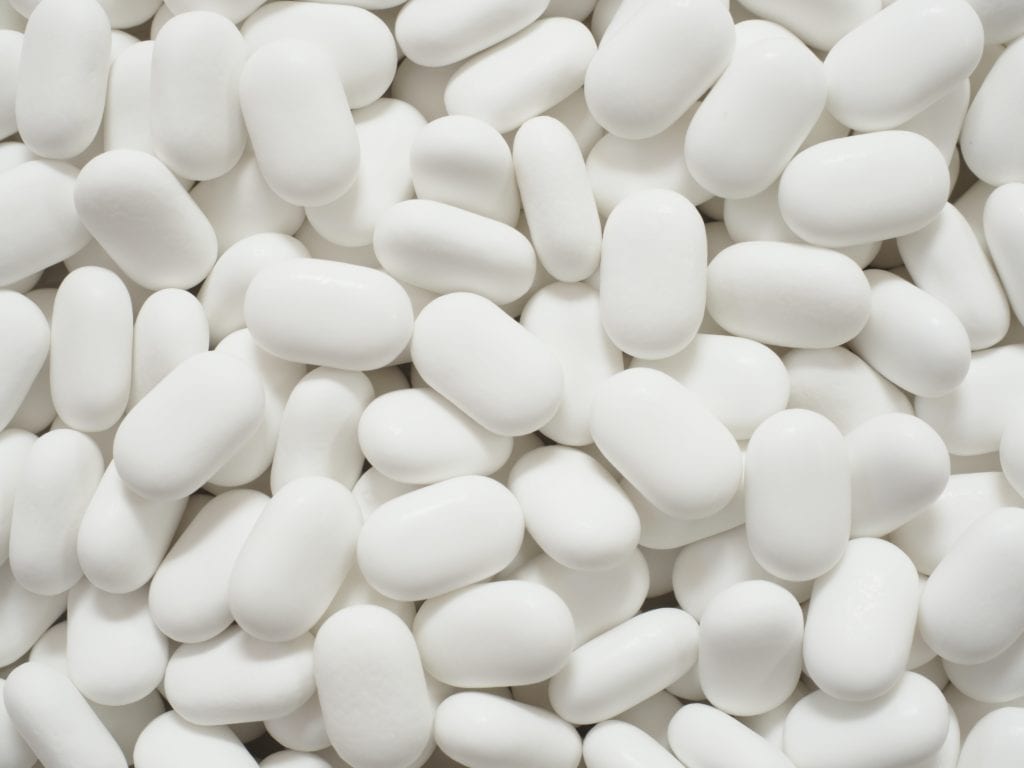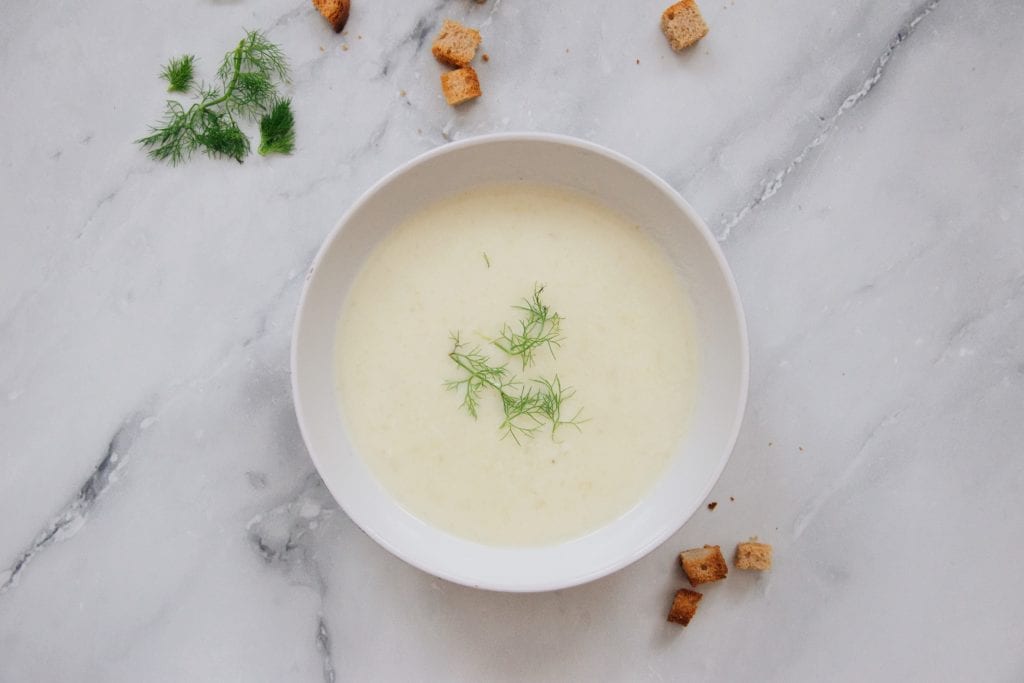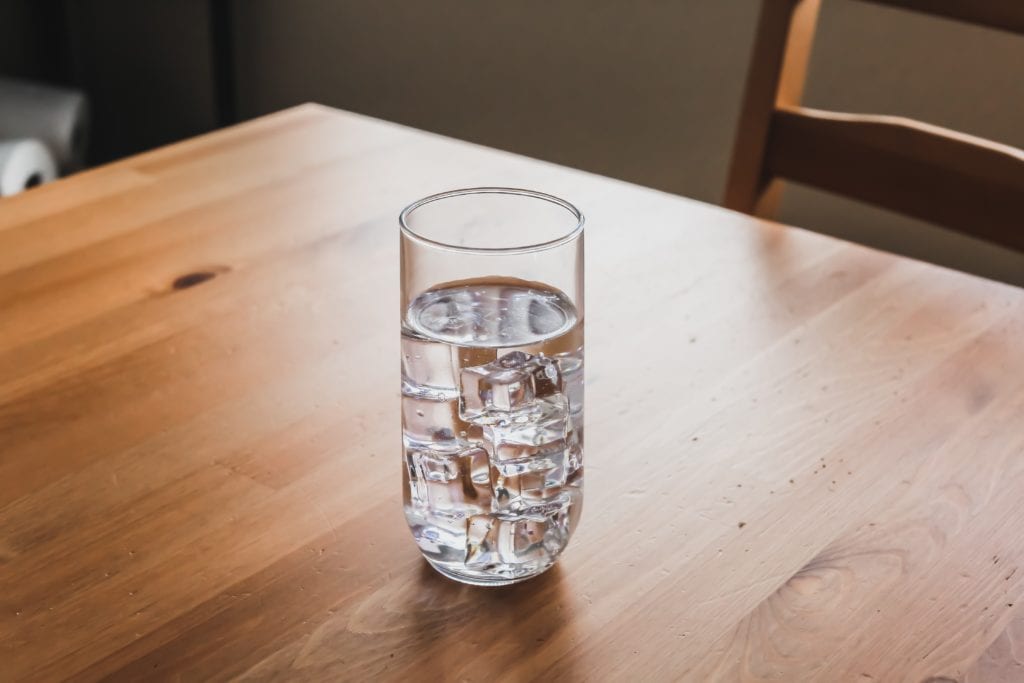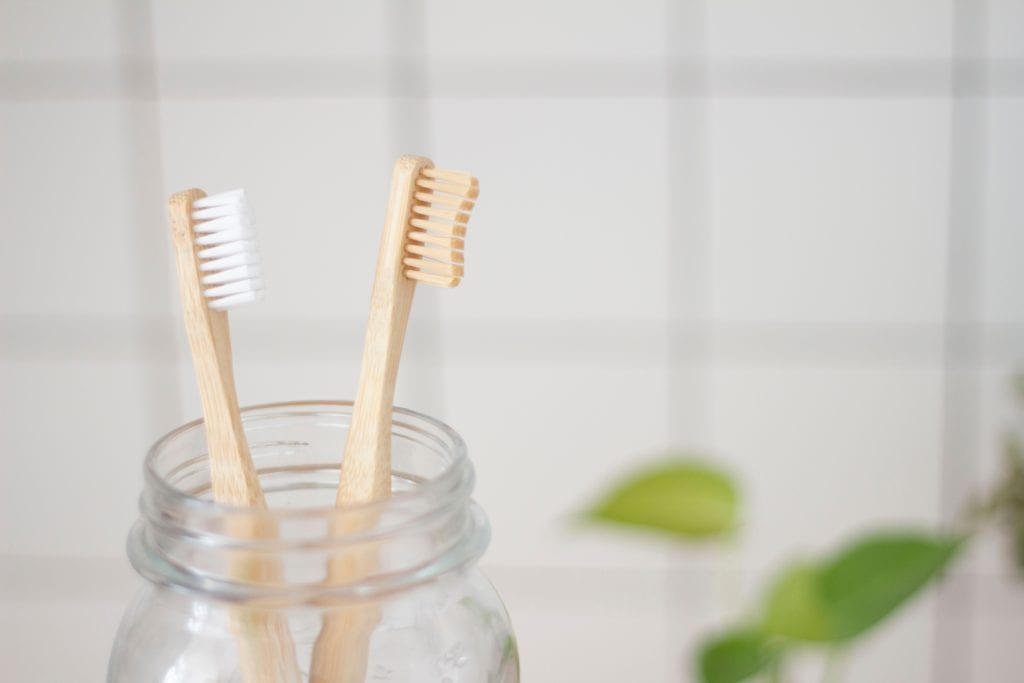The day is approaching. You’re finally getting your wisdom teeth taken out!
You’ve got your appointment set up. You’ve made sure your ride home has the day off work. You’ve specified that your friends or family must have their phones ready so they can get a viral video of the things you say after surgery. But do you know what to do once you get home?
That’s what this blog post is all about. So grab a bag of corn nuts (you won’t be eating those for a while) and discover how to take care of yourself once you get home from this modern-day right of passage.
Before following any medical advice, always confirm its accuracy with your doctor.

Driving
You are not allowed to drive within 24 hours of your procedure if you were sedated. Additionally, you may not drive if you’re taking certain pain medications. Confirm with the office whether this is true in your case.

Medication
Take your prescribed pain medication as soon as you begin to feel the anesthetic wear off or as soon as you begin to feel discomfort. Continue to take your medication as prescribed while you have severe pain. Make sure to follow all corresponding instructions, such as taking your medication with food. Pain medication can also cause lightheadedness, so be sure to get up slowly after lying down.
Once your pain fades from severe to mild or moderate, you may want to switch to taking ibuprofen or Tylenol. Again, check with our office for our recommendation on when, what, and how much over-the-counter medication you should take.
In addition to pain medication, an antibiotic medication or an antibiotic mouthwash may also be prescribed. For the medication, make sure to take it as prescribed until the full course of antibiotics is completely gone in order to prevent infection. Follow your doctor’s instructions for how to use your mouth rinse and do not begin using it until the day after your procedure. If you use it before this, you may stimulate unnecessary bleeding.
Stop taking medication if you develop negative side effects such as a rash. Additionally, pain following the procedure should gradually reduce each day. Contact our office so we can discuss the proper steps if you experience concerning side effects or if your pain does not appear to be lessening.

Food
Fueling your body properly is an important part of the healing process after surgery.
At first, you should stick with a soft diet. This is certainly the point at which you should put away your corn nuts. Easily swallowed foods, or those that don’t require much chewing, will be your best friend. You should also avoid hot food. This type of nourishment will ensure that you’re reducing your pain as much as possible and will reduce the probability of a blood clot or stitches being disrupted.
Make sure you have your cabinets and fridge loaded up with soft foods you actually like before you go into surgery. As we mentioned, it’s important to give your body nourishment so it can heal faster. Therefore, anything you can do to make your post-surgery diet appetizing is important. On the other hand, don’t just stock your fridge with chocolate pudding. Ensure the food you eat is high in protein and (nutritional) calories.
Examples of soft foods include:
- Apple sauce
- Pudding
- Mashed potatoes
- Greek yogurt
- Cottage cheese
- Blended soup or broth (chunks are not in your best interest)
- Smoothies
- Mashed up avocados (no, chips are not invited to the party)
If using a spoon to eat your food, avoid vigorous slurping (never thought that’d be a phrase we’d use). This can disrupt a blood clot or stitches.
Once your discomfort starts residing (usually after the first few days), you can begin to test eating foods that require a bit more chewing. You still may want to avoid things like nuts or seeds for a while as these can get stuck in the holes where your wisdom teeth previously resided.

Drinks
Just as nutrition is important after surgery, so too is hydration. Drink plenty of liquids, at least six glasses a day. In doing so, you should initially avoid alcohol, caffeine, and carbonation.
The golden rule when it comes to drinks after a wisdom tooth procedure is no straws. Just as we mentioned regarding spoons, using straws can dislodge a blood clot and damage stitches.

Oral Hygiene
When you leave the office, you’ll have a gauze pad placed over the extraction site. Remove and discard it about thirty minutes after you’ve left.
Avoid brushing your teeth within 24 hours after your surgery. Once you do start brushing your teeth again, be very gentle around the surgery site and rinse gently. In fact, avoid any vigorous swishing for at least 72 hours.
The day following your surgery, begin to use a salt water rinse after meals to ensure no food particles become lodged in the surgical area. Spitting can also impede healing, so you should simply lean over your sink and let the water fall out once you’re done with each rinse. If your doctor gives you an irrigating syringe, utilize this per their instruction.
Also, we know you’re curious (we get it, we really do), but avoid the temptation of poking the surgery site with your fingers or your tongue. This can impede the healing process.

Physical Activity
Minimize physical activity immediately after surgery. The day after surgery, you can start to be more mobile, but you should still avoid any strenuous activity as throbbing and bleeding may occur, impacting your surgery site.
Exercise should be avoided at least three days after surgery. This is a moment you should take advantage of. It’s not too often that your doctor prescribes staying in bed and watching TV all day.
Once you do feel ready to get out of bed, take it slow. You likely haven’t been maintaining your normal caloric intake, so you may feel weak or lightheaded.
If you have any questions about how to take care of yourself after your wisdom tooth removal, don’t hesitate to reach out to us. Additionally, if you want to read more about things like what symptoms you might experience after surgery or whether wisdom tooth removal will hurt, head on over to our blog.


